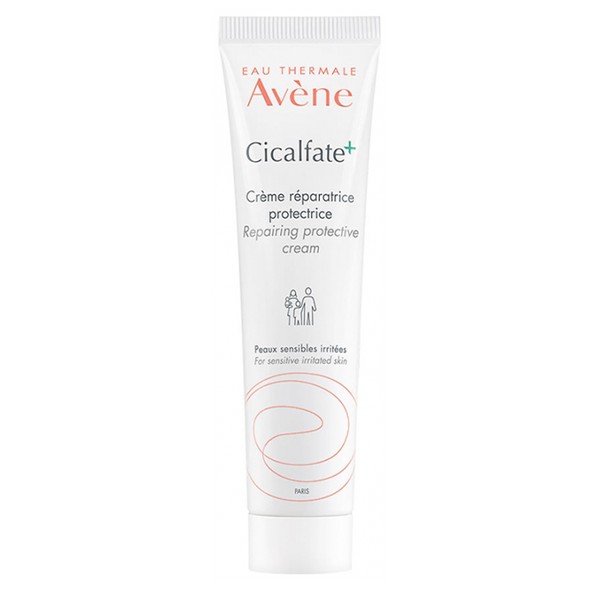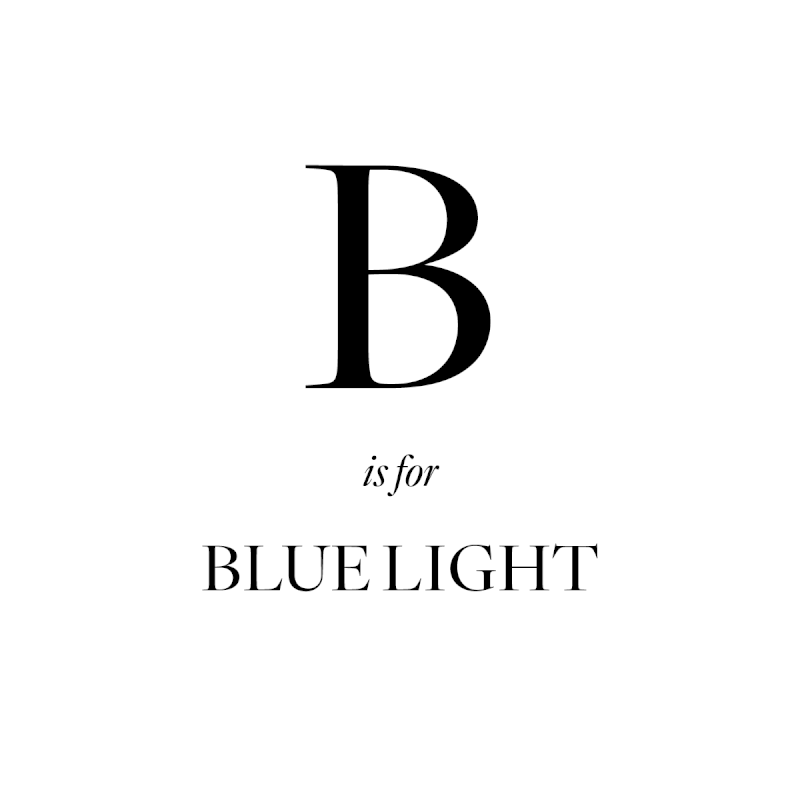
The Beauty Buzzwords & Phrases To Know In 2021
BIOTECH BEAUTY
Biotech beauty is going to be big this year and beyond. It sounds more intense than it is: the name has been coined for skincare brands that are pairing science and lab-created technology within their products. Think Augustinus Bader and 111SKIN’s iconic NAC Y2 formula – the latter of which was first developed to help astronauts combat the skin-sagging and cell-damaging effects of space. The term also refers to ingredients that are generated with DNA editing and the help of organisms (like bacteria) to yield impressive results in a shorter time frame. The result isn’t just better skin; it’s a more sustainable lifestyle too. This is because everything is created in a lab to utilise endangered ingredients without making a negative imprint on the planet, or on your skin for that matter. Expect more expert-led skincare brands to launch soon with specialised and targeted ingredients inside their products.
BARRIER REPAIR
The phrase ‘barrier repair’ has been circulating for a while, but its popularity shows no sign of waning. To start, it’s important to understand what your skin’s barrier is. It is essentially the outermost layer of skin that defends your body against environmental threats including stress, poor weather and pollution. When this is thrown off balance, all hell can break loose, leading to redness, dryness, itching and flare-ups. Thankfully, ‘barrier-loving’ creams and topical remedies are now at the forefront of the industry. Brimming with nourishing ingredients like ceramides, hyaluronic acid and lipids, they can repair your barrier’s structure, while creating a shield between your skin and other potential irritants. Experts suggest finding formulas that use lipids, vitamins and herbal extracts like chamomile for further calming benefits and to prevent any unnecessary water loss.
TRY…
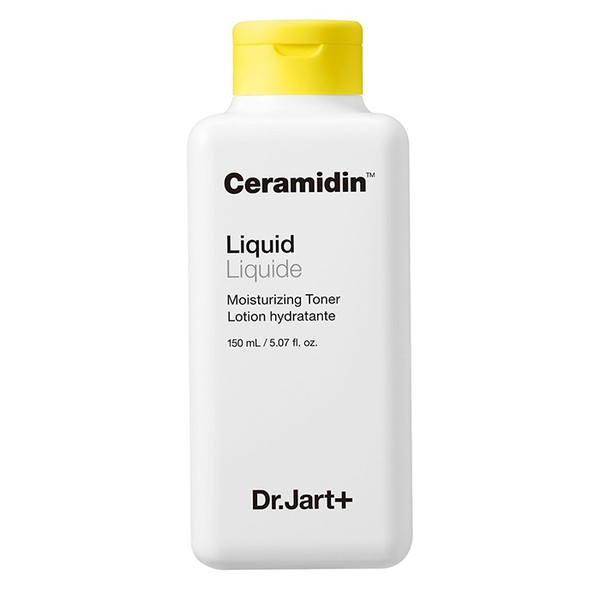
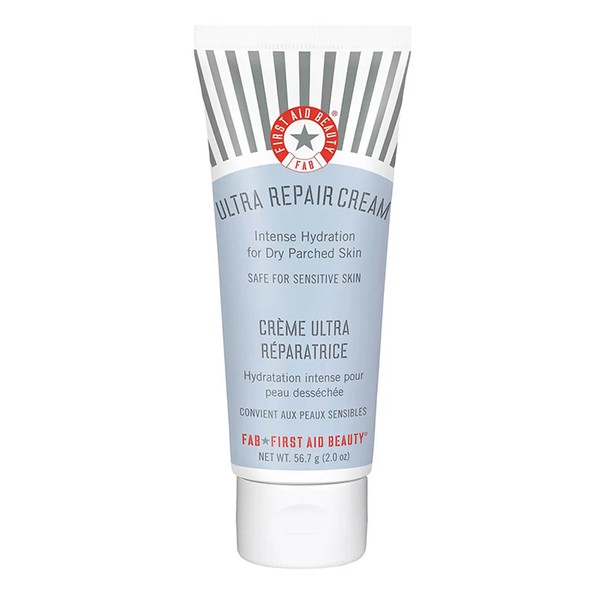
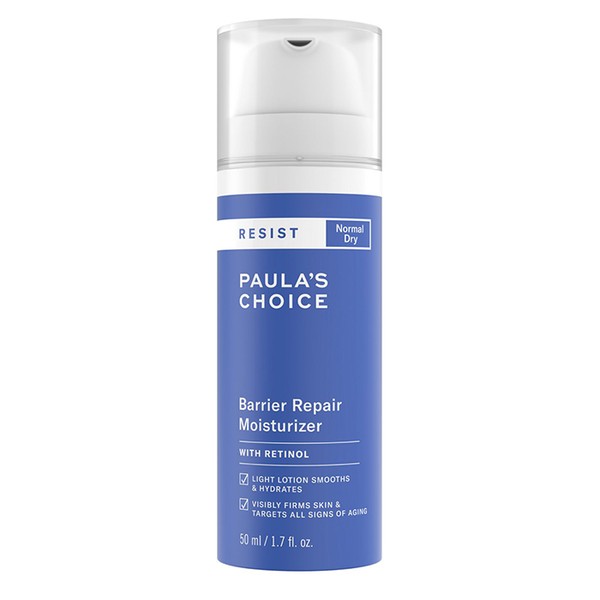
DERMATOLOGICALLY TESTED
This may not be a new term, but it’s one that continues to spark confusion. It shows the product has been reviewed by a dermatologist – someone who specialises in treating the skin, hair and/or nails – and is, more often than not, approved by them. It means the product you’re looking at meets a high standard of quality control. It also means the formula has been found to be mostly safe when applied, without many severe skin reactions.
BLUE LIGHT
This buzzword is seen everywhere now. Emitted from your electronic devices – laptops, phones or even just the LED bulbs in your home – blue light can damage both your skin and overall health. Recent studies show it can increase photo-ageing by up to 40%; over time this can lead to skin discolouration, inflammation and a weakened skin surface. For these reasons skincare brands are now racing to update existing formulas, with a view to expanding their protective measures to guard against blue light. Lotions aside, you can protect yourself with the likes of blue light screen shields, special glasses – or by simply factoring in device downtime.
TRY…
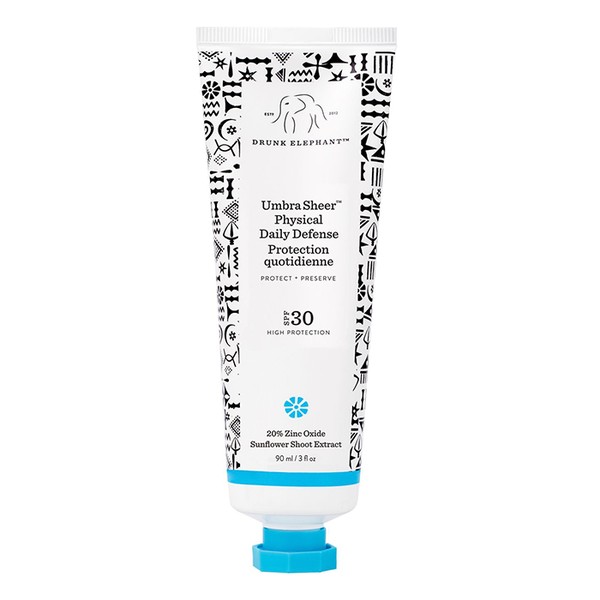
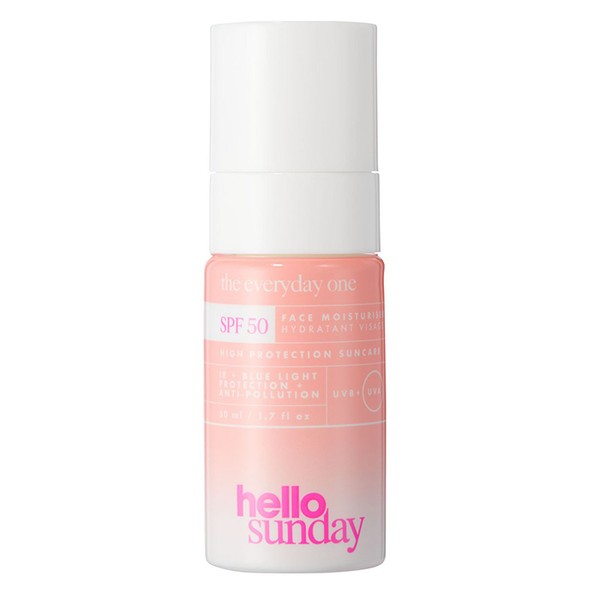
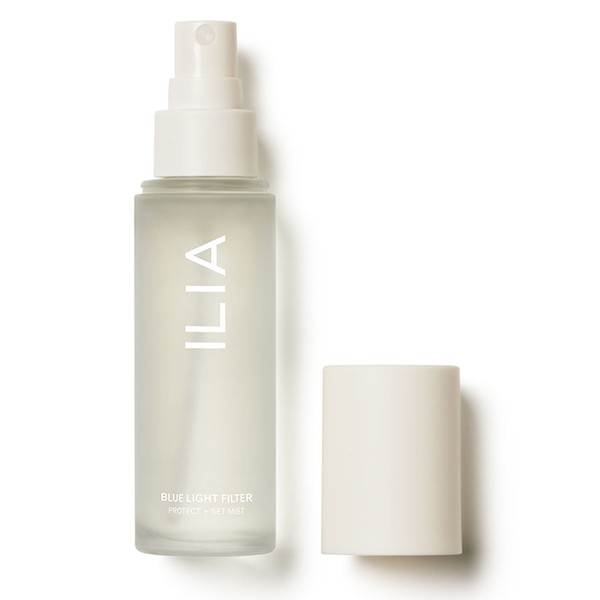
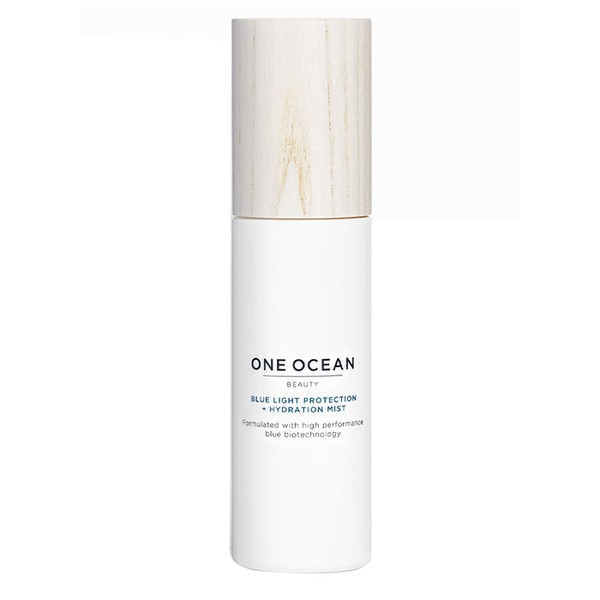
PARABENS + SULPHATES
Parabens and sulphates are both buzzworthy ingredients, but they’re not always well reviewed. To find out exactly what they do, we went to skin expert Debbie Thomas: “A lot of people talk about parabens, sulphates and phthalates as ‘chemicals’ but, as with many things, there are good and bad versions. Parabens have become controversial (despite zero studies backing up any negative findings) and, as a result, we've seen more product recall recently due to insufficient preservatives (i.e. parabens) making the product unsafe to use. The bottom line? While parabens are a grey area, you can find them in certain plants, so if you dig around enough, you’ll find a more natural alternative. If, however, you’re prone to sensitivity or irritation, just steer clear.” With this in mind, it’s important to do your research thoroughly and read your ingredients list carefully when you purchase any new products.
PLANT-BASED SKINCARE
When any product or formula is made only with ingredients that are derived from plants, it can call itself ‘plant-based’. Previously, this term was niche, but the surge in eco-conscious consumption means you’re likely to see it cropping up everywhere. In fact, searches for ingredients like bakuchiol – a plant-based retinol alternative – have tripled recently, with mass brands now introducing gentler formulations that are full of antioxidants, minerals and natural oils to build and maintain better, healthier skin.
TRY…
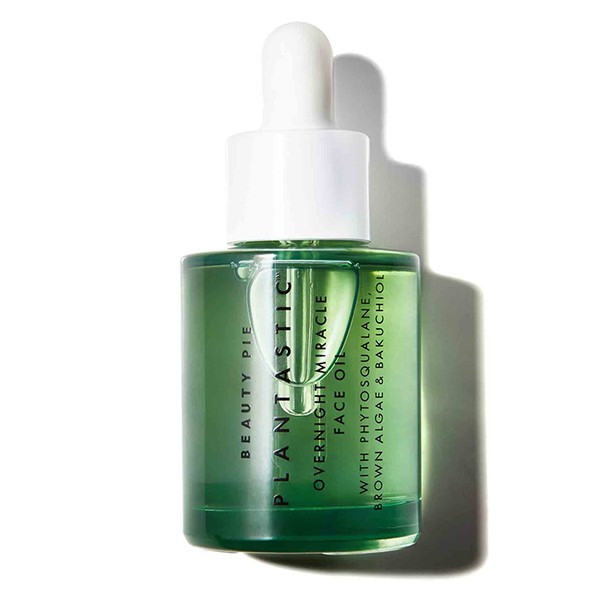
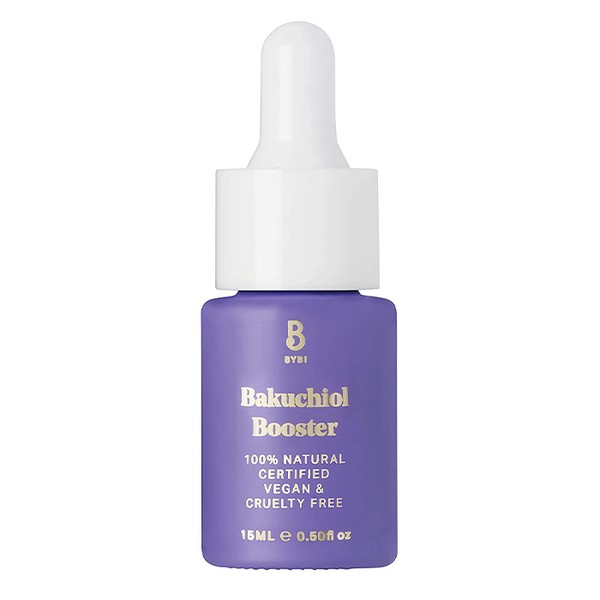
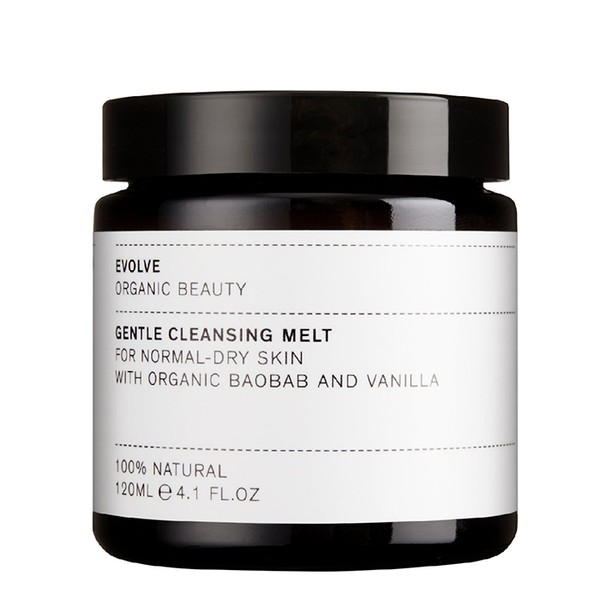
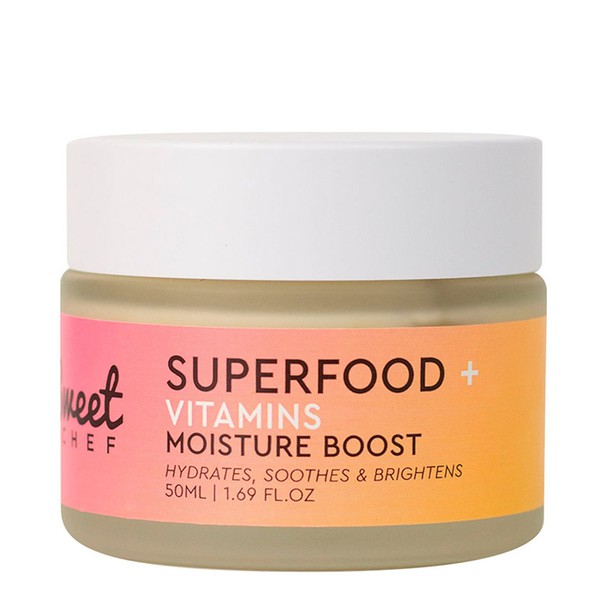
SKIN MINIMALISM
‘Skin minimalism’ was coined late last year after numerous SS21 shows departed from contoured, structured skin, returning instead to texture, glow and luminosity. The idea is to work with what you have, rather than covering it up entirely. Industry insiders say the trend is a result of face coverings and a desire to focus more on our skincare routines. With a 180% increase in internet searches for ‘natural, everyday make-up’, brands are rising to the occasion with a slew of new tinted creams, foundations and lightweight bases. Expect to see more barely-there textures and plenty of hybrid launches focusing on merging skincare with make-up.
PRO & PREBIOTICS
Probiotics are more prominent than ever. Why? Harnessing their benefits supports the microflora that naturally occurs on our skin to boost defences and prevent inflammation. Instead of stripping away bad bacteria, probiotic skincare enhances beneficial microbial diversity which, put simply, strengthens the skin’s barrier for a smoother, healthier-looking surface. When applied topically, studies show probiotics can also lower the effects of stress on our complexions, while rebalancing pH levels. Well worth having on your radar – especially as the formulas are gentle and incredibly hydrating, making them suitable for everyone.
TRY…
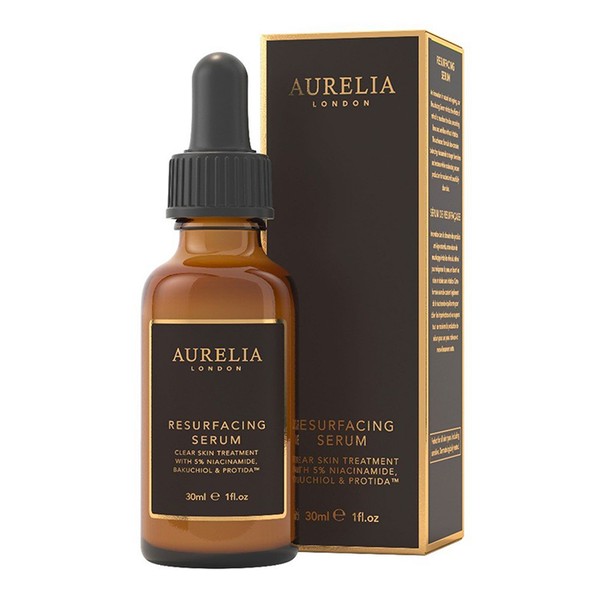
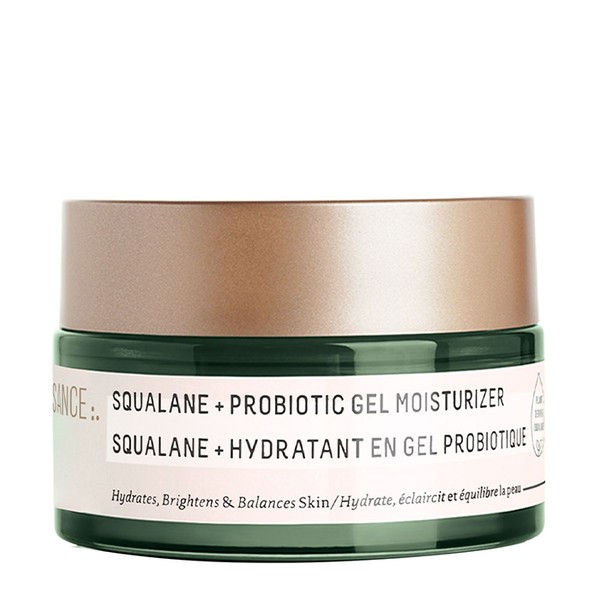
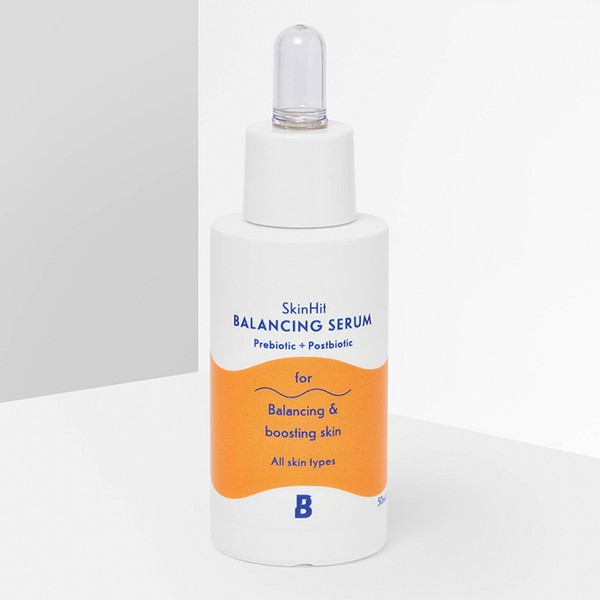
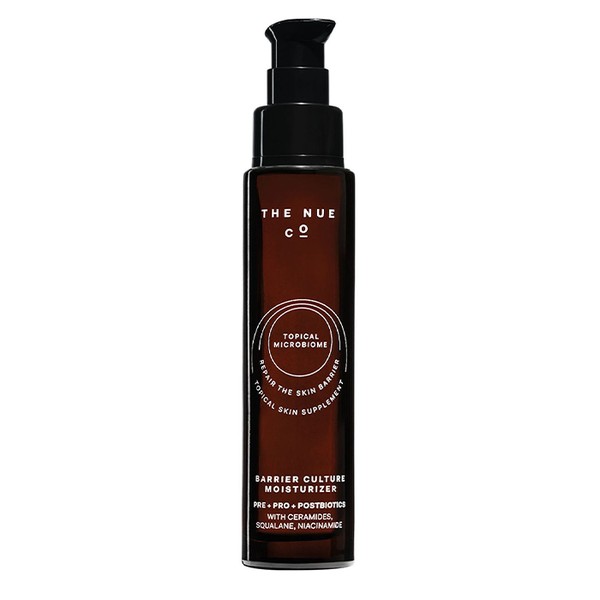
WATER-FREE
When you look at a traditional ingredients list, chances are aqua will be at the top. This is essentially just a fancy word for water. With the conscious-beauty trend continuing to grow, more and more brands are formulating products with zero – or very little – water in order to improve their environmental credentials. Going forward, expect to see a slew of ‘water-free’ products hitting the shelves. There’s a benefit for skin too here: botanicals and oils are used as water replacements – they are not only more potent, but aid in producing plumper, smoother skin.
TRY…
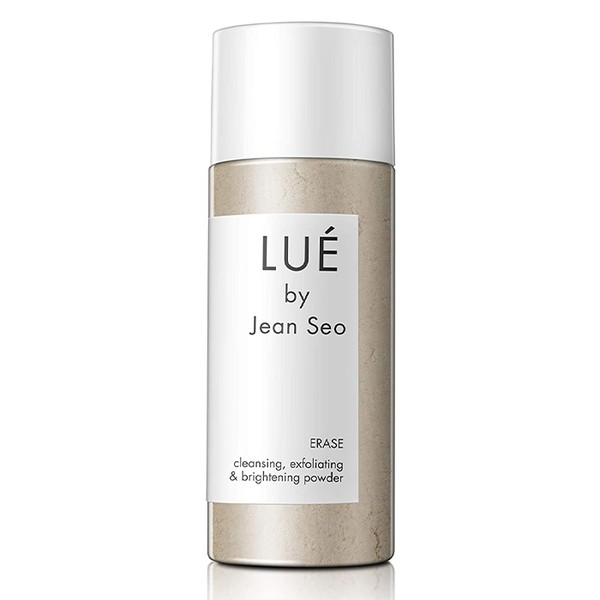
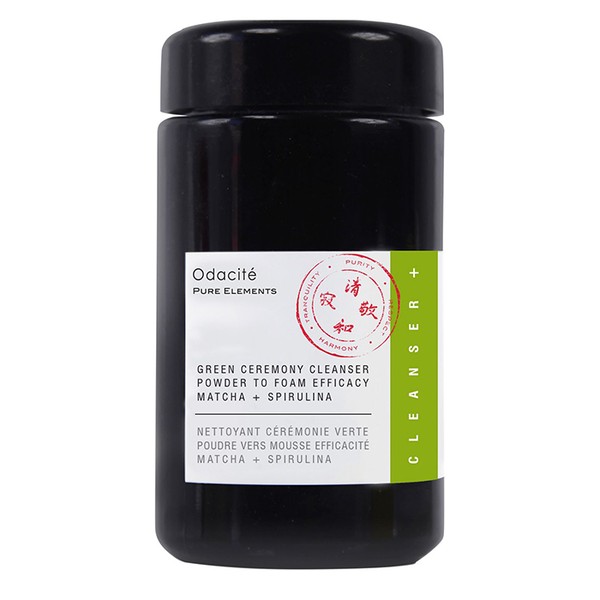
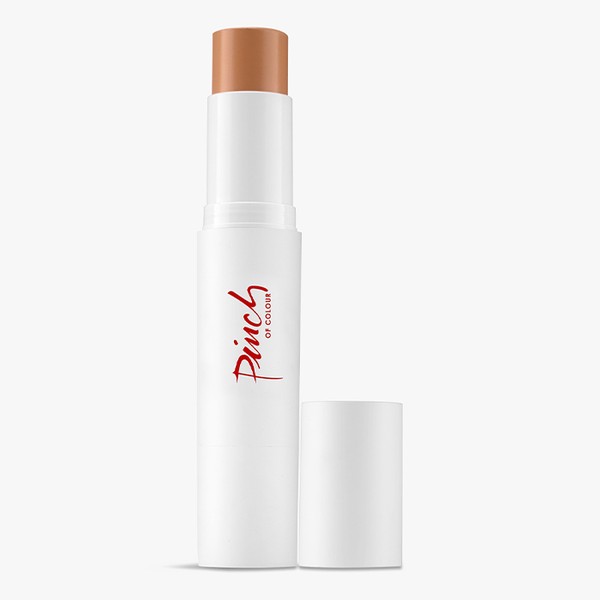
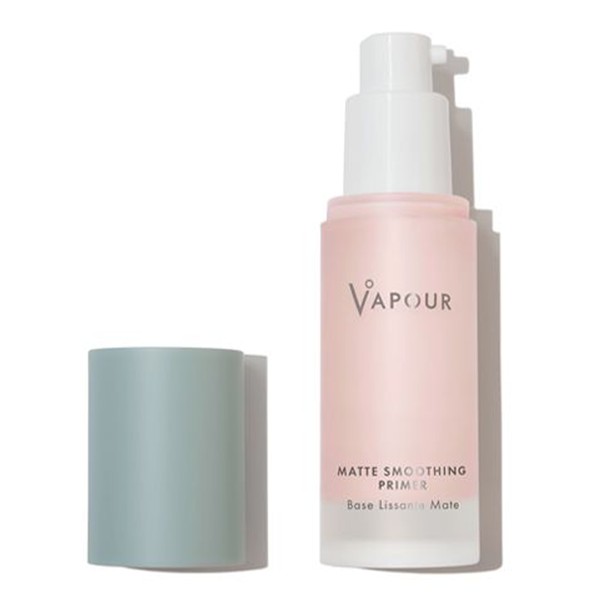
CRUELTY-FREE
There’s a lot to ‘cruelty-free’. Even when they don’t say so on the label, chances are your products are now cruelty-free. This is thanks to EU legislation from 2013 that made it illegal to sell any new products tested on animals. But there are still a few key things to look out for on your packaging. For starters, the Leaping Bunny and Peta logos are important. Both signify that neither the product nor its ingredient suppliers conduct or pay for any tests on animals. Likewise, the ‘Choose Cruelty-Free Bunny’ logo is a sign that no new product testing has been done in any laboratories. If packaging states a single ‘cruelty-free’ phrase, without any accreditation or the logos listed above, there’s nothing to say it’s 100% cruelty-free. To be sure, you can now consult Peta’s Cruelty-Free Inbox.
DISCLAIMER: We endeavour to always credit the correct original source of every image we use. If you think a credit may be incorrect, please contact us at info@sheerluxe.com.
